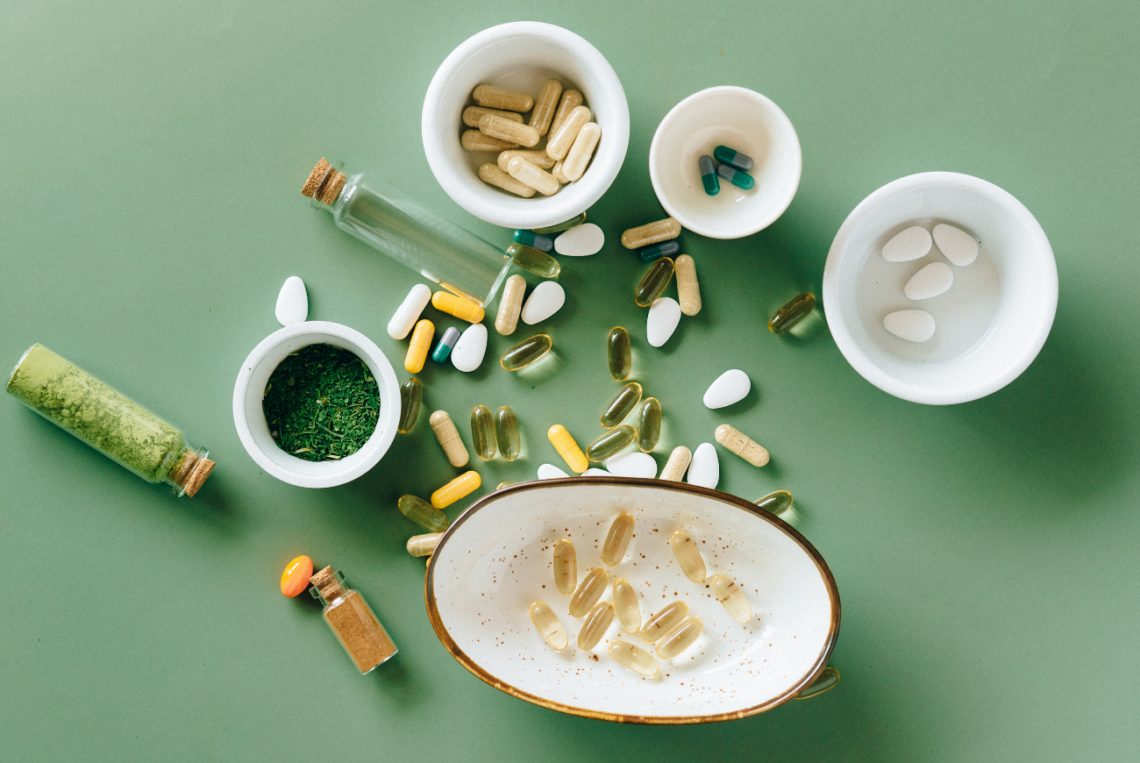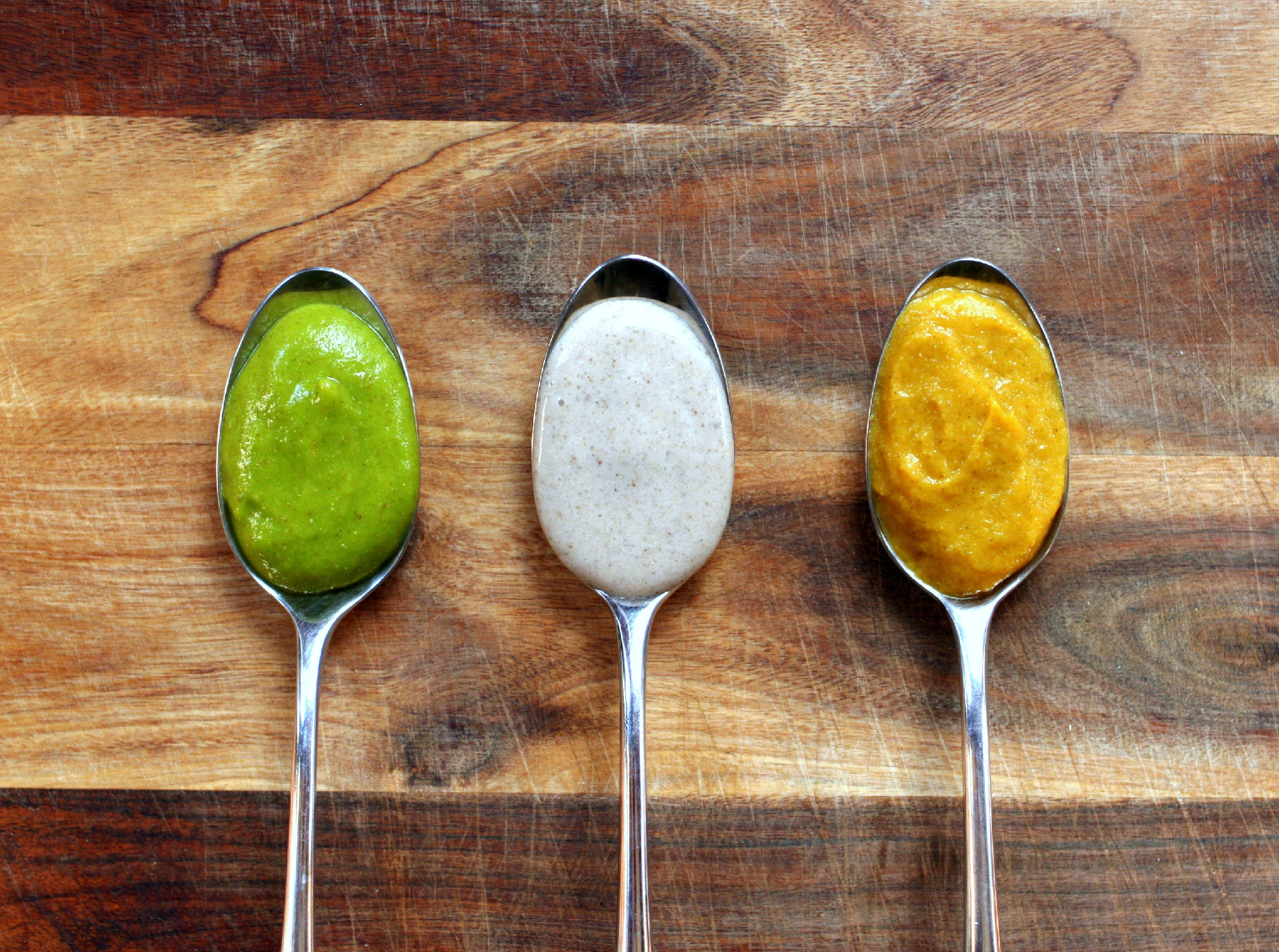
Blood Sugar Supplements: Backed by Science or Driven by Hype?
The start of a new year often brings an influx of private practice clients eager to tackle their health goals, and one of the most common topics of conversation is the potential benefits of supplements for glucose control. Many people hope that supplements might provide the extra boost they need to achieve success, especially when the prospect of overhauling their entire diet and lifestyle feels overwhelming. I frequently find myself addressing questions about which supplements, if any, are truly effective for managing blood sugar.
Adding to the confusion is the sheer size of the global wellness industry, valued at an estimated $6.3 trillion and growing by almost 10% annually. With so much money to be made from health and wellness products like supplements, the marketing is relentless—and often misleading.
So, to cut through the noise and provide clear answers, let’s dive into the science and explore whether supplements for glucose control live up to the hype.
The Potential of Supplements for Blood Sugar Management
Lowering blood sugar levels is a cornerstone of preventing and managing diabetes and insulin resistance. While diet, exercise, and medication often take center stage, supplements are increasingly being explored for their potential to support blood sugar control. Promising research suggests that certain vitamins, minerals, and natural compounds may help regulate blood glucose, enhance insulin sensitivity, and reduce inflammation.
Micronutrients
Micronutrient deficiencies can be directly or indirectly linked to insulin resistance in diabetes. Therefore, supplementing with vitamins and minerals, when deficiencies are present, has the potential to improve various aspects of glycemic management, including hemoglobin A1c, fasting glucose, fasting insulin, and calculated (HOMA) insulin resistance.
Vitamin D
Vitamin D is linked to insulin resistance through its roles in glucose metabolism, enhancing insulin sensitivity, and reducing inflammation. It supports pancreatic beta-cell function, improves insulin signaling, and regulates calcium levels, which are essential for proper insulin action.
In a 2022 systematic review and meta-analysis of 178 randomized trials, vitamin D was found to significantly reduce hemoglobin A1c, fasting blood sugar levels, and insulin resistance (measured by HOMA-IR) in type 2 diabetes when consumed at higher doses for more than 12 weeks.
Coenzyme Q10
Coenzyme Q10 (CoQ10), a powerful antioxidant naturally produced in the body, has shown potential benefits for blood sugar control. It plays a crucial role in cellular energy production and helps reduce oxidative stress, a factor linked to insulin resistance and diabetes progression.
In a 2022 systematic review and meta-analysis of 119 randomized controlled trials, daily coenzyme Q10 intake was associated with a significant reduction in hemoglobin A1c and fasting blood glucose levels.
Chromium
Chromium is a trace mineral involved in carbohydrate and lipid metabolism, with potential benefits for improved blood sugar. It supports insulin function by enhancing its binding to receptors and promoting glucose uptake into cells.
A 2023 systematic review and meta-analysis of 170 randomized controlled trials identified chromium supplements as the most effective in reducing fasting blood glucose levels and calculated insulin resistance, with SUCRA scores of 90.4% and 78.3%, respectively.
Vitamin K
Vitamin K plays a role in insulin sensitivity by influencing osteocalcin, a hormone produced by bone that affects glucose metabolism.
Research suggests that vitamin K supplementation, particularly in the form of vitamin K2, may improve insulin sensitivity and reduce fasting glucose and hemoglobin A1c levels in individuals with diabetes or insulin resistance.
The same 2023 systematic review and meta-analysis of 170 randomized controlled trials, which identified chromium supplements as the most effective, also found that vitamin K ranked highest for reducing hemoglobin A1c and fasting insulin levels, with SUCRA scores of 97.0% and 82.3%, respectively.
Herbal Nutraceuticals
Cinnamon
Cassia cinnamon contains bioactive compounds like cinnamaldehyde, which may enhance insulin sensitivity and improve glucose uptake. Some studies suggest it can lower fasting blood glucose and hemoglobin A1c levels.
A 2017 study and 2024 study both found that cinnamaldehyde supplementation improved glucose and lipid homeostasis in diabetic animals.
Berberine
Berberine is a natural alkaloid found in several plants, with a long history of use in traditional medicine, particularly in Ayurveda and Chinese medicine. It is known for its ability to activate AMPK, a key cellular energy regulator, which enhances insulin sensitivity and reduces glucose production in the liver.
A 2022 systematic review and meta-analysis of 37 studies involving 3,048 patients found that berberine significantly reduced fasting and postprandial glucose levels in individuals with type 2 diabetes. Additionally, treatment with berberine appears to be safe, as it does not increase the incidence of adverse events or the risk of hypoglycemia.
Fenugreek
Fenugreek is an herb widely used in traditional medicine and cuisine, known for its potential health benefits, particularly in managing blood sugar and cholesterol levels. It is native to the Mediterranean region and North Africa. Fenugreek is rich in soluble fiber and compounds like 4-hydroxyisoleucine, which may slow carbohydrate digestion and enhance insulin activity.
A 2023 systematic review and meta-analysis of 14 trials found minimal effects on fasting and postprandial blood glucose levels. However, it reported a statistically significant reduction in HbA1c, a measure of long-term blood sugar control. This suggests that fenugreek may have a cumulative effect over time, contributing to improved overall glycemic management.
How to Choose a Reliable Supplement
With countless supplements available, determining which ones are safe, effective, and worth the investment can feel overwhelming. Not all supplements are created equal—some may contain harmful contaminants or have misleading ingredient labels. Consider these practical tips when choosing a supplement.
1. Look for Third-Party Testing
Choose supplements that have been tested and certified by reputable third-party organizations like NSF International, ConsumerLab, or USP (United States Pharmacopeia). These certifications verify the quality, potency, and purity of the product.
2. Check for Transparent Labeling
A trustworthy supplement should provide a complete and clear label, listing all ingredients, their amounts, and any potential allergens. Avoid products with proprietary blends that do not disclose specific ingredient amounts.
3. Consult a Healthcare Provider
This may go without saying, but before starting any supplement, it’s important to discuss it with a healthcare professional. This is especially crucial if you have existing health conditions or are taking medications, as they can guide you toward safe and effective options tailored to your needs.
4. Avoid Over-the-Top Claims
Be cautious of supplements that promise unrealistic results or claim to “cure” diseases. Reliable products focus on supporting health rather than providing miraculous outcomes.
2025 ADA Standards of Care
Keep in mind that the updated 2025 American Diabetes Association Standards of Care do not recommend supplementation with micronutrients, herbs, or any other nutraceuticals to aid in glycemic management, as the evidence supporting their effectiveness is considered quite low.
Key Takeaways
As with anything, supplements are designed to address nutrient deficiencies and support a healthy, nutrient-rich diet—they are not a substitute for poor dietary habits. It’s important to assess your baseline nutrient status, and consider supplementation if you’re deficient or if your nutrient needs exceed your ability to consume adequate amounts through food.
Always purchase supplements from a reputable source and set realistic expectations: while supplements can support your goal of improved glycemic management, nothing can replace the importance of consistent self-care behaviors.
- Statistics & facts. Global Wellness Institute. Accessed January 12, 2025. https://globalwellnessinstitute.org/press-room/statistics-and-facts/
- Talaei A, Mohamadi M, Adgi Z. The effect of vitamin D on insulin resistance in patients with type 2 diabetes. Diabetology & Metabolic Syndrome. 2013;5(1):8. doi:10.1186/1758-5996-5-8
- Kazemi A, Ryul Shim S, Jamali N, et al. Comparison of nutritional supplements for glycemic control in type 2 diabetes: A systematic review and network meta-analysis of randomized trials. Diabetes Res Clin Pract. 2022;191:110037. doi:10.1016/j.diabres.2022.110037
- Kim Y, Oh YK, Lee J, Kim E. Could nutrient supplements provide additional glycemic control in diabetes management? A systematic review and meta-analysis of randomized controlled trials of as an add-on nutritional supplementation therapy. Arch Pharm Res. 2022;45(3):185-204. doi:10.1007/s12272-022-01374-6
- Xia J, Yu J, Xu H, et al. Comparative effects of vitamin and mineral supplements in the management of type 2 diabetes in primary care: A systematic review and network meta-analysis of randomized controlled trials. Pharmacological Research. 2023;188:106647. doi:10.1016/j.phrs.2023.106647
- Liang Y, Zhao D, Ji Q, et al. Effects of coenzyme Q10 supplementation on glycemic control: A GRADE-assessed systematic review and dose-response meta-analysis of randomized controlled trials. eClinicalMedicine. 2022;52:101602. doi:10.1016/j.eclinm.2022.101602
- Zhu R, Liu H, Liu C, et al. Cinnamaldehyde in diabetes: A review of pharmacology, pharmacokinetics and safety. Pharmacological Research. 2017;122:78-89. doi:10.1016/j.phrs.2017.05.019
- Ghazal NA, Agamia YT, Meky BK, Assem NM, Abdel-Rehim WM, Shaker SA. Cinnamaldehyde ameliorates STZ-induced diabetes through modulation of autophagic process in adipocyte and hepatic tissues on rats. Sci Rep. 2024;14(1):10053. doi:10.1038/s41598-024-60150-2
- Xie W, Su F, Wang G, et al. Glucose-lowering effect of berberine on type 2 diabetes: A systematic review and meta-analysis. Front Pharmacol. 2022;13:1015045. doi:10.3389/fphar.2022.1015045
- Shabil M, Bushi G, Bodige PK, et al. Effect of Fenugreek on Hyperglycemia: A Systematic Review and Meta-Analysis. Medicina (Kaunas). 2023;59(2):248. Published 2023 Jan 27. doi:10.3390/medicina59020248
- American Diabetes Association Professional Practice Committee, ElSayed NA, McCoy RG, et al. 5. Facilitating positive health behaviors and well-being to improve health outcomes: standards of care in diabetes—2025. Diabetes Care. 2025;48(Supplement_1):S86-S127. doi:10.2337/dc25-S005


You May Also Like

Week 3: Perfecting the Purée
February 2, 2015
GLP-1 Therapy Part 2: Preventing and Managing Side Effects
April 15, 2025

